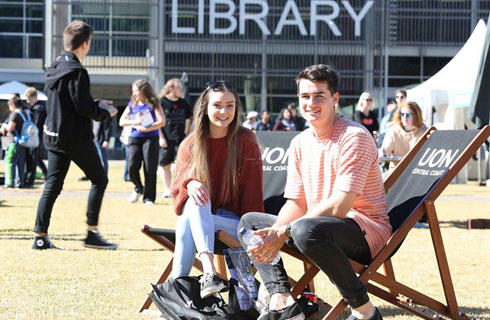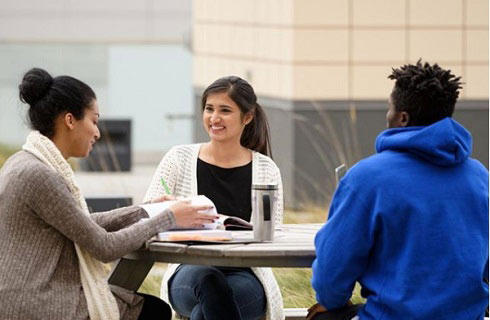- IDP China>
- 课程库>
- 社会科学>
- 休闲、娱乐与健康>
- 健康与体质>
- Bachelor of Human Kinetics in Recreation and Sport Management (Honours)
Bachelor of Human Kinetics in Recreation and Sport Management (Honours)

学历文凭
Bachelor Degree with Honours

专业院系
Faculty of Health Sciences

开学时间

课程时长

课程学费

国际学生入学条件
IDP—雅思考试联合主办方

雅思考试总分
6.5
- 雅思总分:6.5
- 托福网考总分:86
- 托福笔试总分:160
- 其他语言考试:PTE - Overall 60, Writing section 60.
CRICOS代码:
申请截止日期: 请与IDP联系 以获取详细信息。
课程简介
相关申请
 预科
预科 奖学金
奖学金 实习机会
实习机会 在校学习
在校学习 跨境学习
跨境学习 校园授课-线上开始
校园授课-线上开始 在线/远程学习
在线/远程学习
开学时间&学费
学费信息仅供参考,请与IDP联系以获取详细信息
| 开学时间 | 时长 | 学费 | 地点 |
|---|
学校排名

世界排名176
数据源:
泰晤士高等教育世界大学排名
关于渥太华大学

渥太华大学(UOttawa)是一所双语公共研究机构,位于加拿大首都和政治中心渥太华市中心。该大学提供全面的本科和研究生学位课程,拥有一个多元化和包容性的学生群体,每年欢迎超过8000名国际学生。该大学分为十个学术院系,提供350多个本科课程,涵盖广泛的学科领域。它是加拿大U15研究密集型机构集团的成员大学,在全球大学中排名前百分之一。渥太华大学是世界上最大的英法双语大学,为国际申请人提供了很多优势。加拿大不仅在生活质量方面排名世界前十位,而且渥太华大学的海外学生可以享受到学费减免。渥太华市本身支持一个由大使馆、领事馆、非政府组织和国际组织组成的动态生态系统,并且是毕业生的主要就业中心。该大学有来自全球150多个国家/地区的超过40000名学生。大学提供良好的学生支持服务,包括专门的国际办公室,帮助新生适应新的学习环境。渥太华大学的学历得到了国际认可,大学的海外学习安排鼓励毕业生培养全球意识,毕业生有机会在50个国家/地区的280多所合作大学学习。课程会进行定期审查和更新,以确保课程内容与行业相关并达到最高标准。
本校相关课程
其他相关课程
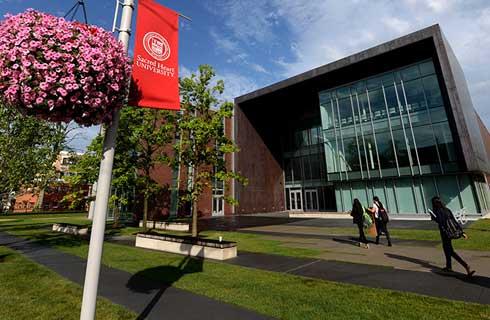
康乐及休闲研究文学硕士
 滑铁卢大学
滑铁卢大学学历文凭
Masters Degree
开学日期
课程费用总额


休闲研究文学硕士
 达尔豪斯大学
达尔豪斯大学学历文凭
Masters Degree
开学日期
课程费用总额

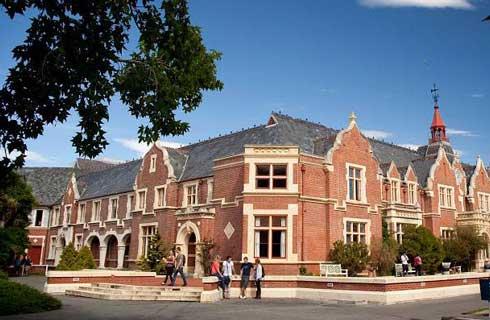
康乐及休闲研究学士-治疗康乐(荣誉学位)
 布鲁克大学
布鲁克大学学历文凭
Bachelor Degree with Honours
开学日期
课程费用总额

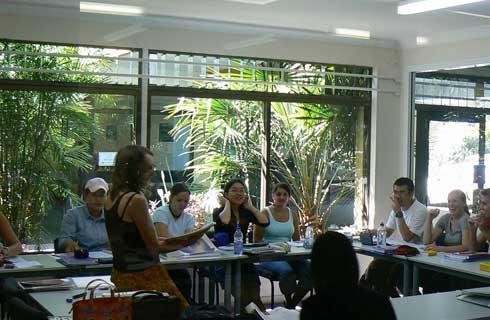
康乐及休闲研究学士-户外休闲(荣誉学位)
 布鲁克大学
布鲁克大学学历文凭
Bachelor Degree with Honours
开学日期
课程费用总额

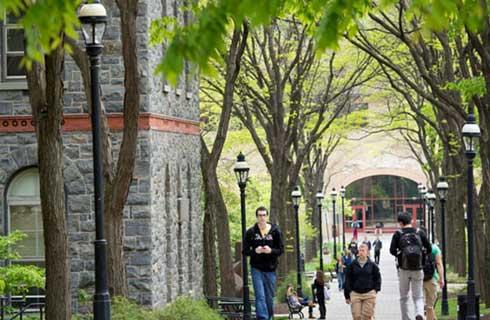
康乐及休闲研究学士-社区康乐(荣誉学位)
 布鲁克大学
布鲁克大学学历文凭
Bachelor Degree with Honours
开学日期
课程费用总额


国际酒店管理学士学位
 皇家大学
皇家大学学历文凭
Bachelor Degree
开学日期
课程费用总额











